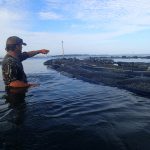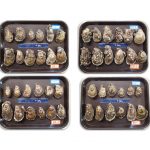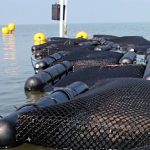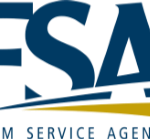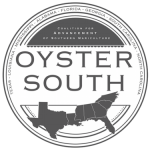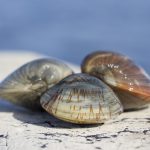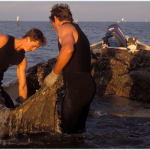
Dr. Andy Kane (UF) Speaks on Health and Safety of Gulf Seafood Workers
When: Wednesday, October 24, 2018, 10-11 am A webinar is being hosted by the Southeastern Coastal Center for Agricultural Health and Safety and UF/IFAS Center for Public Issues Education to discuss the “Occupational Health and Safety Surveillance of Gulf Seafood Workers.” Commercial ocean fishing is one of the most dangerous occupations in the world. Workplace-related illnesses, injuries, and deaths are not uncommon for commercial seafood workers, and many of these adverse outcomes are avoidable in this mostly self-employed uninsured, hardworking workforce that feeds our nation. Dr. Andy Kane, UF Associate Professor of the Department of Environmental and Global Health and


